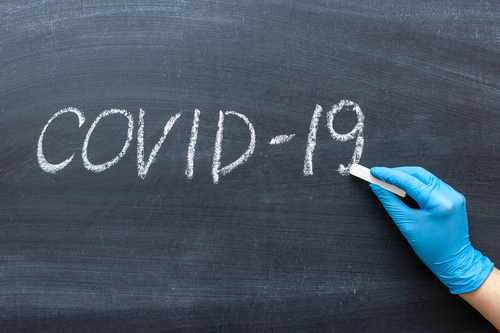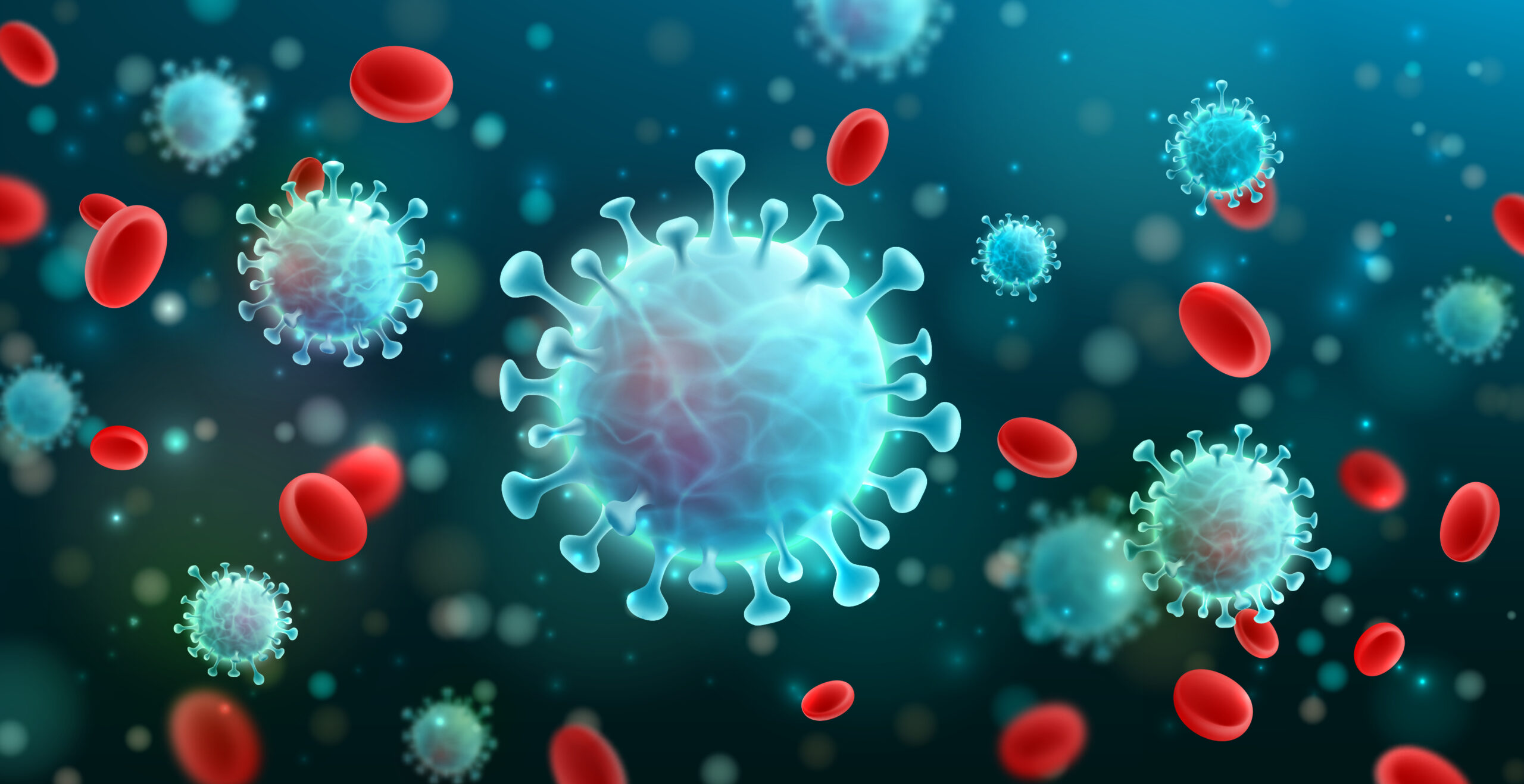
Relapses of glomerular disease following COVID-19 vaccination have been identified in case reports; however, there are few data showing evidence of a true association. Mark Canney, MD, PhD, and colleagues conducted a retrospective population-level analysis to examine the relative and absolute risks of relapse of glomerular disease after vaccination against COVID-19. Results were reported in the Journal of the American Society of Nephrology [2022;33(12):2247-2257].
The researchers utilized a centralized clinical and pathology registry (2000-2020) to identify 1105 adult patients in British Columbia, Canada, with biopsy-proven glomerular disease that was stable on December 14, 2020, the day COVID-19 vaccines became available. The primary outcome of interest was disease relapse. Disease relapse was defined as changes in kidney function, proteinuria, or both. Extended Cox regression models, modified on disease type, were used to model vaccination as a 30-day time-varying exposure.
Follow-up extended for 281 days. During the follow-up period, 12.1% of patients (n=134) experienced a relapse. There was no association between the first vaccine dose and risk of relapse (hazard ratio [HR], 0.67; 95% CI, 0.33-1.36). There was a two-fold risk of relapse following exposure to a second or third dose (HR, 2.23; 95% CI, 1.06-4.71). The pattern of relative risk was similar across glomerular diseases.
The absolute increase in the 30-day relapse risk associated with a second or third vaccine dose varied from 1% to 2% in antineutrophil cytoplasmic antibody-related glomerulonephritis, minimal change disease, membranous nephropathy, or focal segmental glomerulosclerosis and from 3% to 5% in IgA nephropathy or lupus nephritis. Four of 24 patients who had a relapse related to the vaccine had a change in immunosuppression, and none required a biopsy.
In conclusion, the authors said, “In a population-level cohort of patients with glomerular disease, a second or third dose of COVID-19 vaccine was associated with higher relative risk but low absolute increased risk of relapse.”






 © 2025 Mashup Media, LLC, a Formedics Property. All Rights Reserved.
© 2025 Mashup Media, LLC, a Formedics Property. All Rights Reserved.